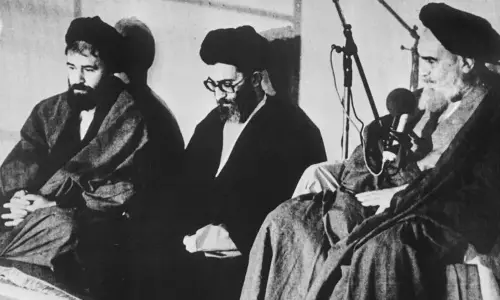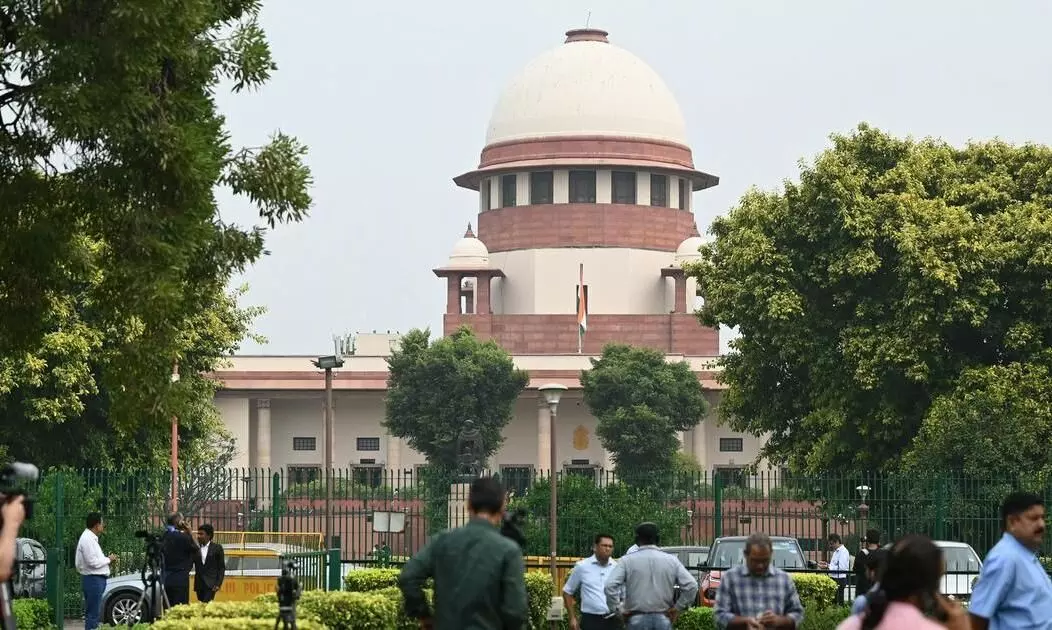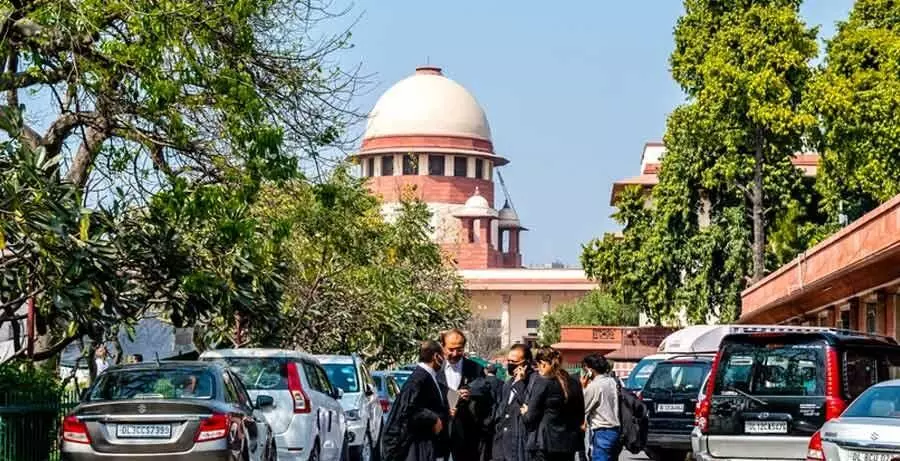
Section 6A of Citizenship Act not same as giving amnesty to illegal immigrants: SC
text_fieldsNew Delhi: The Supreme Court on Tuesday stated that Section 6A of the Citizenship Act, 1955, which gives effect to the Assam Accord, was enacted on humanitarian grounds in 1985 and was deeply connected to the country’s history and its role in the liberation of Bangladesh.
The Constitution Bench headed by Chief Justice DY Chandrachud, was hearing petitions seeking that Section 6A of the Act be declared as unconstitutional. The CJI verbally observed that this provision cannot be likened to amnesty granted to illegal immigrants.
The bench observed that the section of the Citizenship Act has to be seen in light of the vital role played by India in the liberation of Bangladesh.
Section 6A was introduced as a special provision under the Act when the Assam Accord was signed between the Centre and leaders of the Assam Movement in 1985. It allows foreigners who came to Assam between January 1, 1966, and March 25, 1971, to seek Indian citizenship.
Indigenous groups in the state have alleged that this provision in the Citizenship Act has legalised the illegal infiltration of migrants from Bangladesh.
Advocate Shyam Divan, representing the petitioners, argued in the court that the provision had caused a “demographic invasion” in Assam with implications for the state’s culture, economy, politics and society, LiveLaw reported. In response, the bench sought official data on the number of people who have benefited from the provision.
The chief justice questioned whether the demographic and cultural identity of Assam had been altered by granting citizenship to immigrants who entered the state between 1966 and 1971. The court said that the provision cannot be likened to an amnesty scheme for illegal immigrants in general.
Solicitor General Tushar Mehta said that approximately 5.45 lakh individuals had benefited from Section 6A of the Act, LiveLaw reported. The official data will be submitted before the court soon, he said.
The chief justice said that the purpose of the hearing was not to rule on the efficacy of law enforcement but to test the constitutional validity of Section 6A as it is applied to the period between 1966 and 1971. The court cannot decide on the constitutionality of the provision based on subsequent developments.
“We are looking at something which is frozen in time. We cannot adjudge the validity of the Section (based) on what happened after the (Assam) Accord," the CJI said. “We can’t deny that 6A was enacted at a point which is deeply connected to our history,” he said, adding that India played a vital role in the Bangladesh Liberation War of 1971.
“Parliament seems to have proceeded on the basis that the immigration which took place cannot be regarded purely as illegal but it was something humanitarian...on the aspect of the atrocities committed on the population of the then East Pakistan,” he noted.
Tuesday marked Day 1 of the final hearing in a batch of petitions challenging the constitutionality of Section 6A of the Citizenship Act. The outcome of this case will have a major bearing on the National Register of Citizens (NRC) list.
The Supreme Court asked Solicitor General Tushar Mehta, appearing for the Centre, to provide data on the beneficiaries of the legislation from 1966 to July 16, 2013.
The hearing will continue on Wednesday.
























